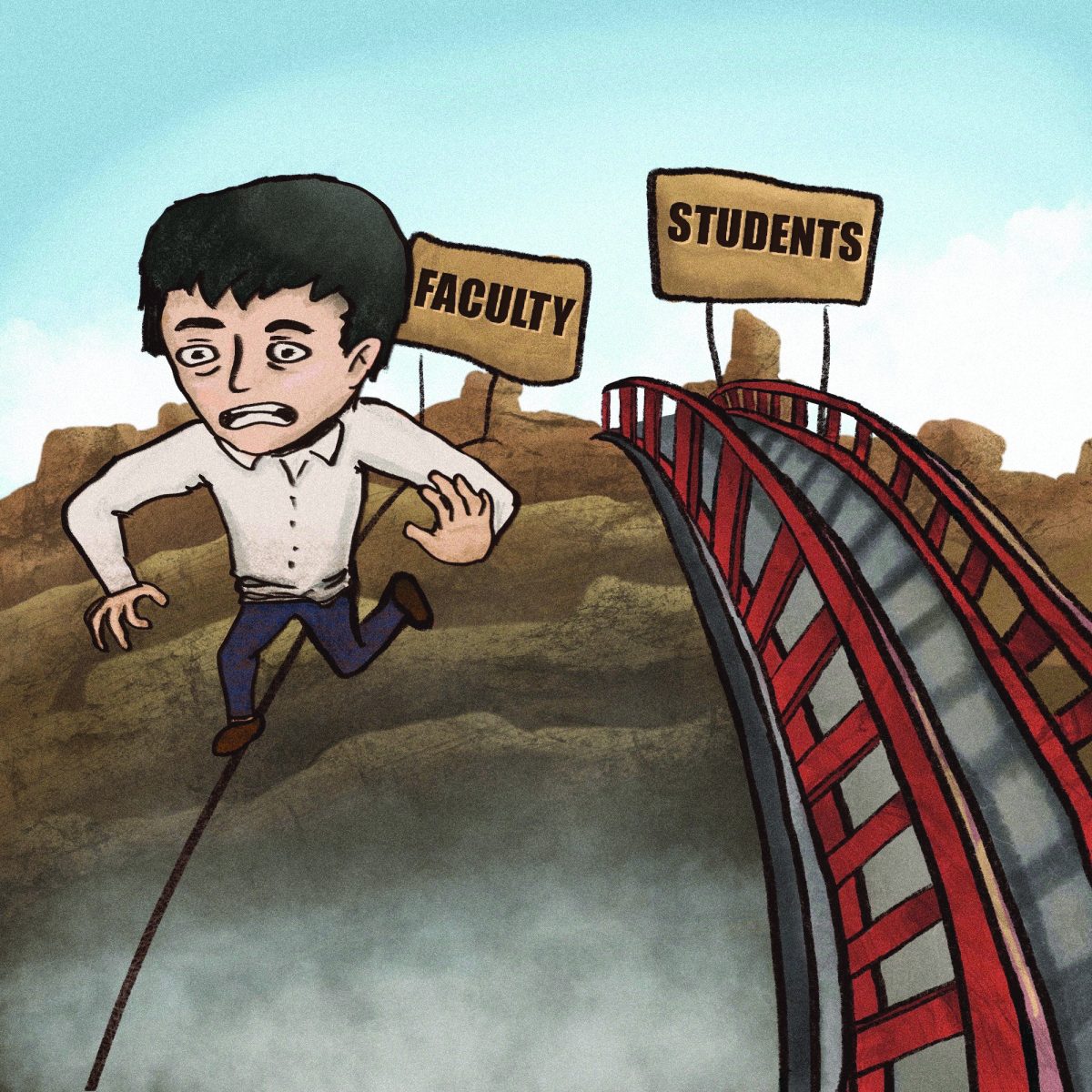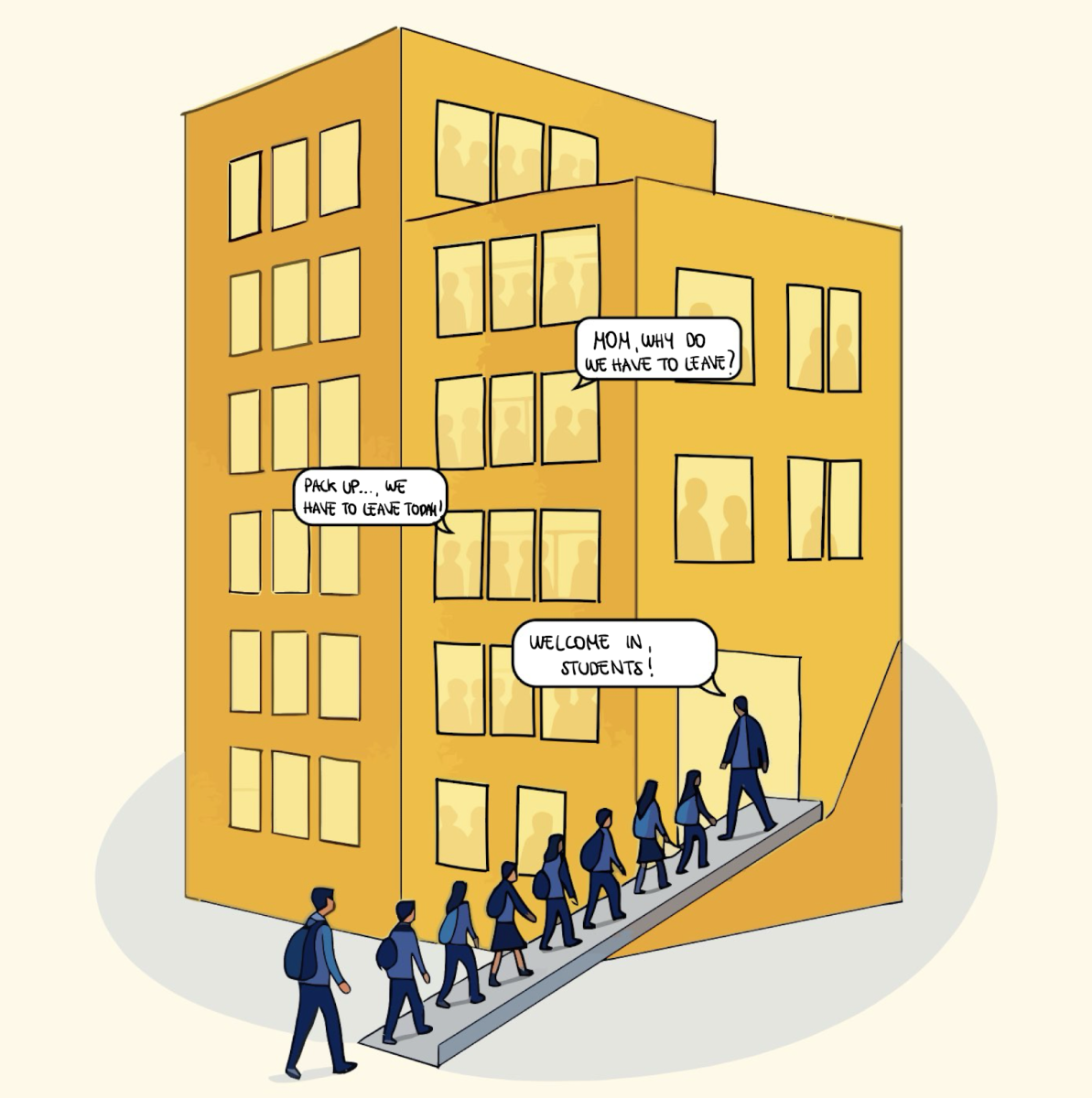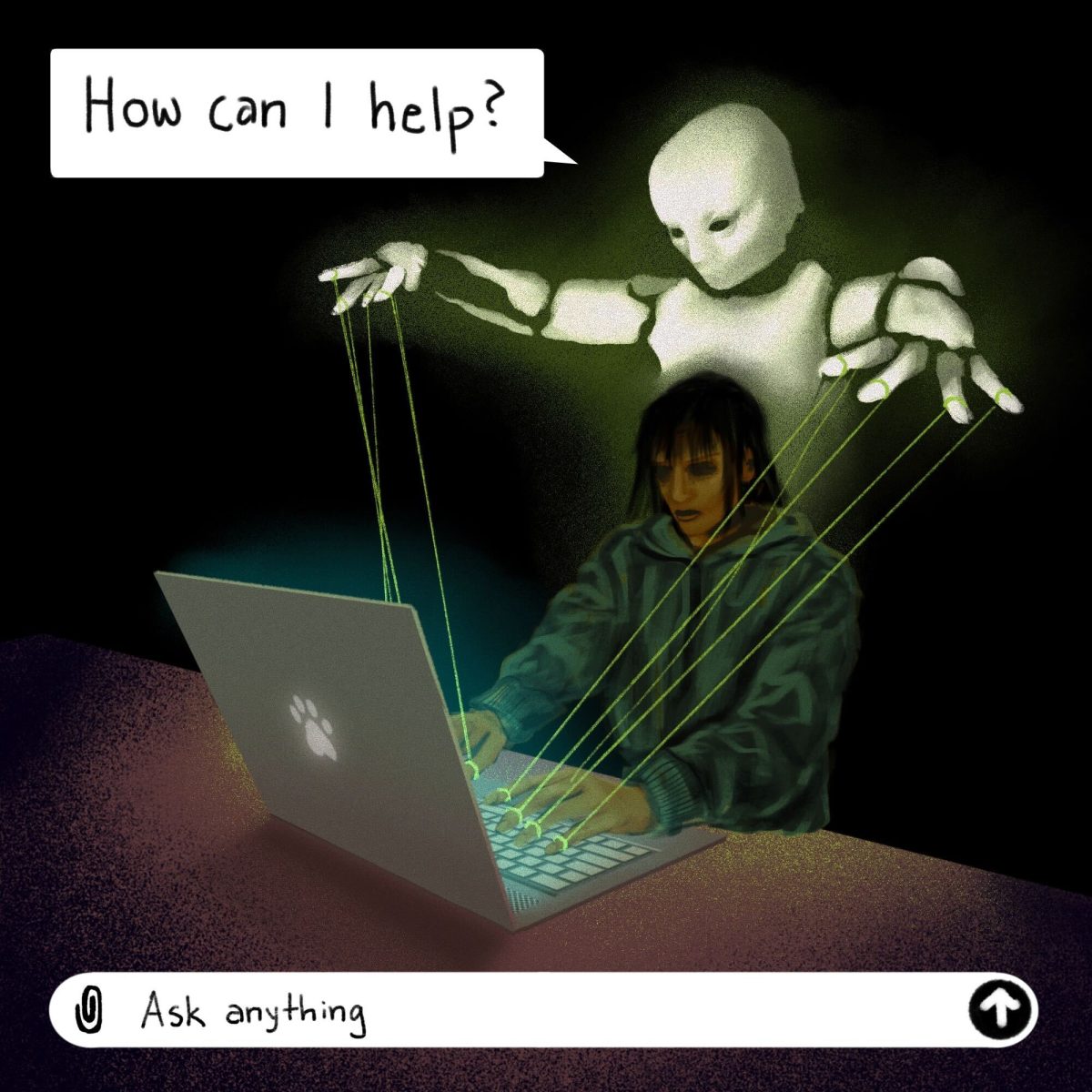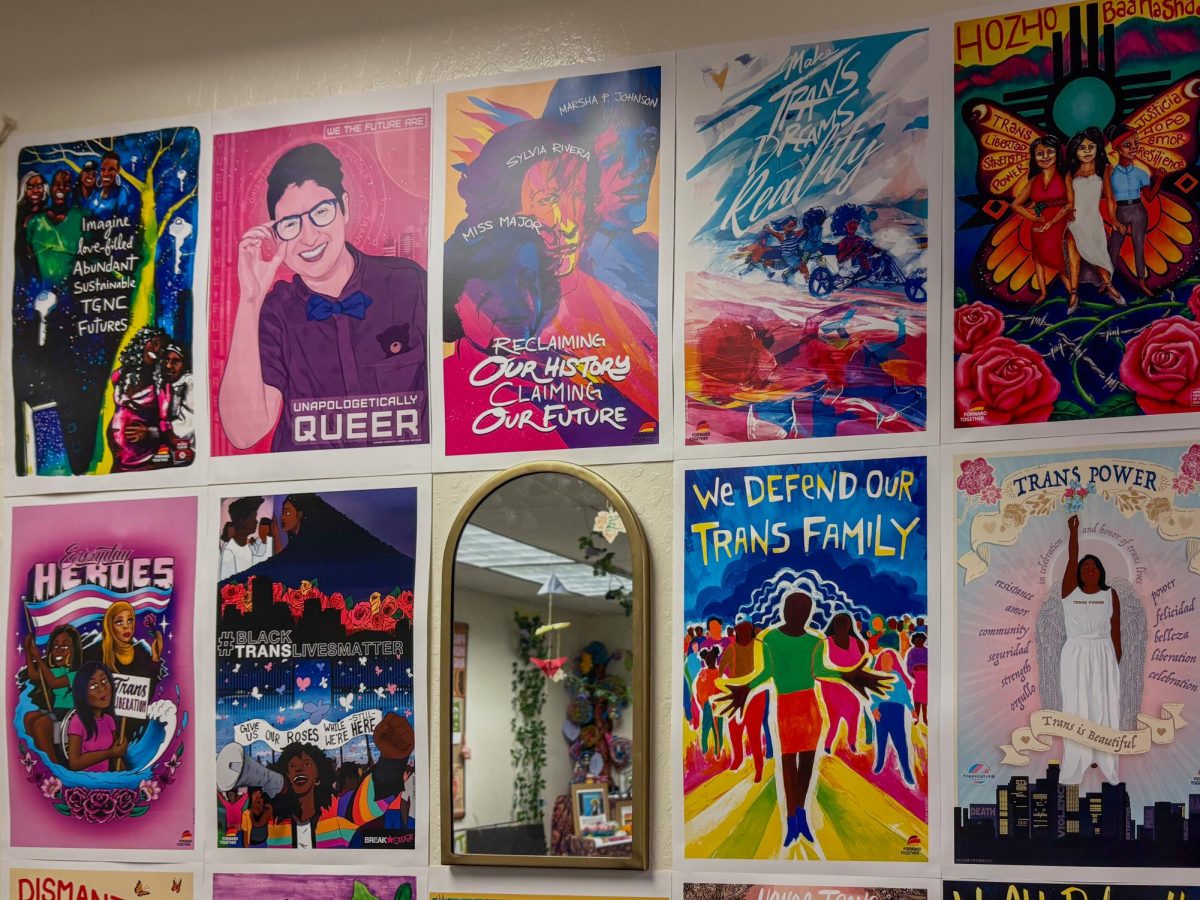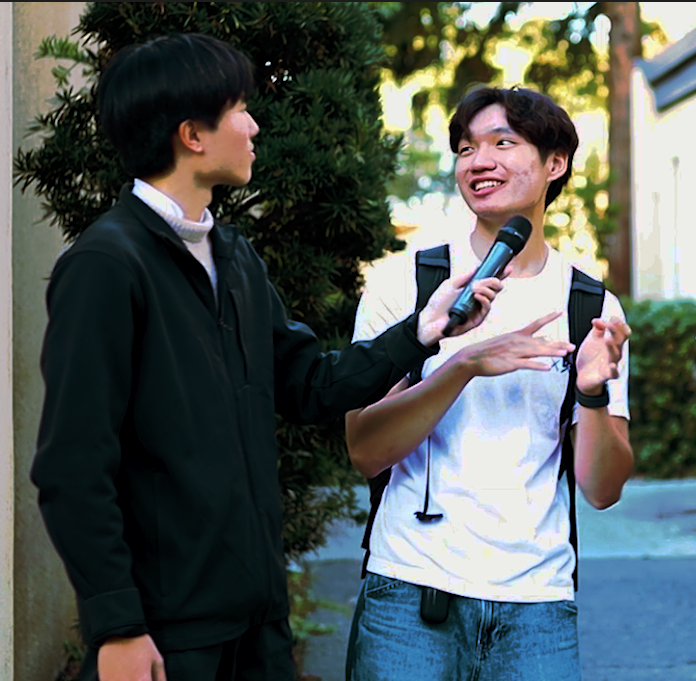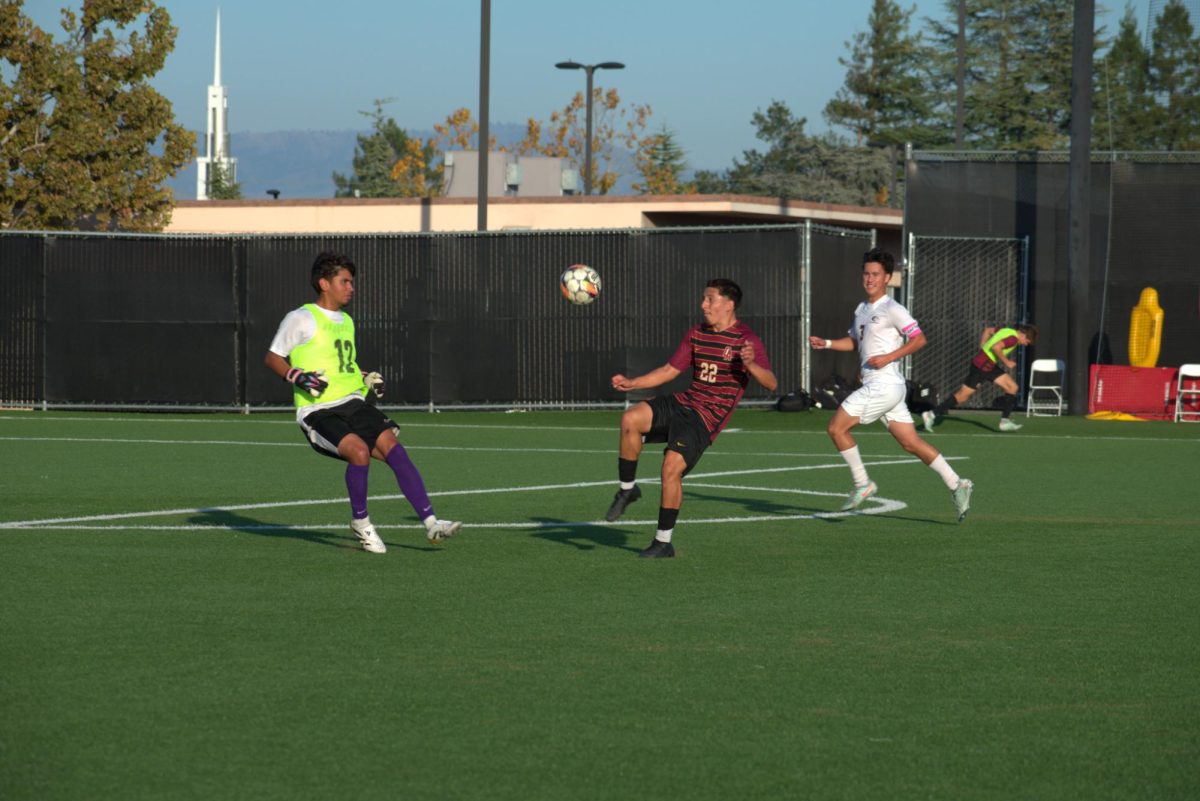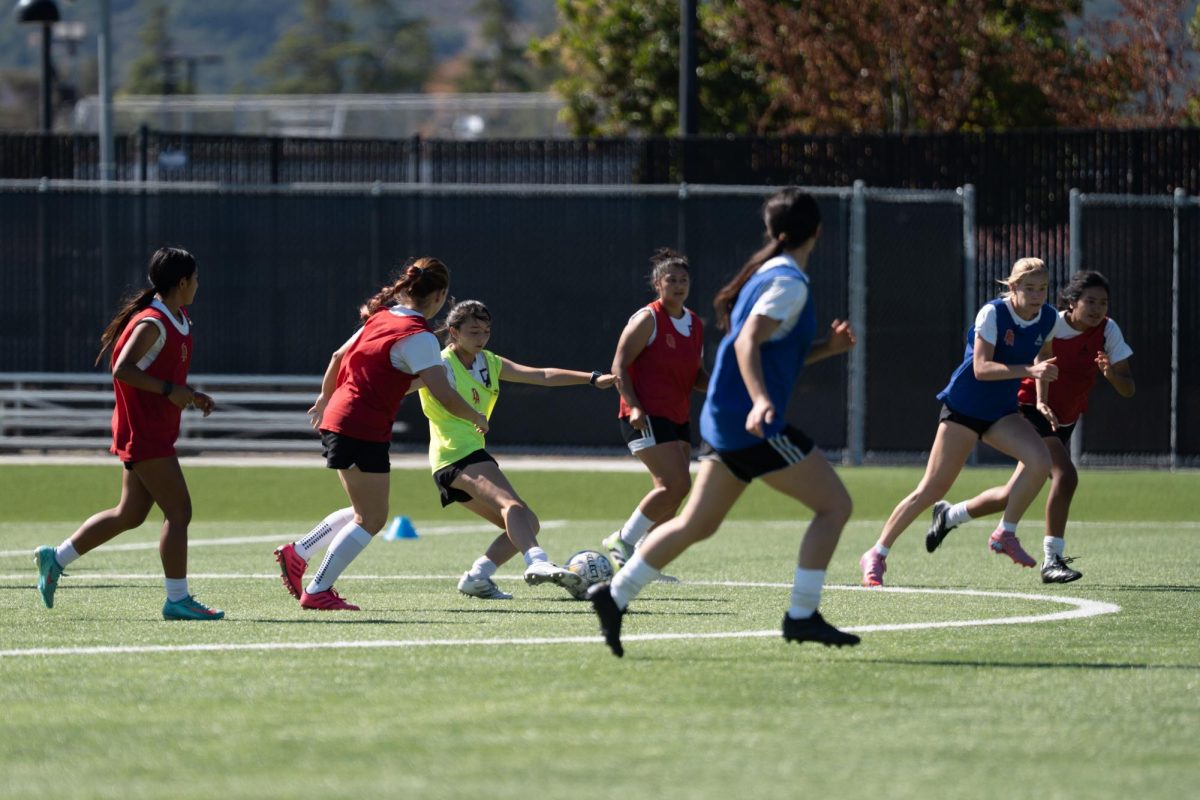Since Hamas’s attack on Israel on Oct. 7, college campuses across the country have seen a dramatic spike in public incidents of antisemitism and Islamophobia. Students have reported being doxxed, discriminated against and attacked after expressing their stance on the issue, according to NBC News.
Even though there are no reported hate incidents on campus, many students, especially those who are pro-Palestine, are hesitant to discuss the conflict at school because of the backlash and opposition they experienced off-campus, according to a La Voz informal survey.
As a public institution, De Anza should issue a statement acknowledging the ethnic cleansing in Gaza and reinforcing the student body’s right to discuss, challenge and express different perspectives in a space where their voice will be heard.
Colleges around California have responded to similar concerns by institutionally protecting their students’ First Amendment rights, emotional and physical safety amid the increasing threat of antisemitic and Islamophobic incidents on campuses.
The University of California leadership publicly condemned antisemitism and Islamophobia on UC campuses in an official statement on Nov. 10, writing “There is no place for hate, bigotry or intimidation at the University of California. Period.”
The California State University chancellor and board of trustees also released a statement on Nov. 11, writing “Hate has no place at the CSU.”
De Anza’s administration has been quiet about the situation besides mentioning it briefly in Quick Notes emails about mental health resources for students and faculty members.
Administrators must realize that students choose to stay quiet about the situation not because of ignorance or apathy; they stay quiet because they’re scared to speak up.
Administrators must openly and meaningfully protect all students’ ability to speak up and make space for productive conversations and healing.
The strength of American democracy lies in the ability to engage in open dialogue, to confront uncomfortable truths and allow dissenting voices to be heard. De Anza wrote under its “Vision, Mission and Values” page that the college “strives to acknowledge and address issues that may be difficult to broach.”
The fact that the college allows student-run organizations and clubs to organize sit-in conversations intended to educate based on the actual history, speaker panels discussing the ongoing events to temporarily clear up false information and acknowledge physical and emotional loss from both sides of the Israel-Hamas war prove that we are having some efforts in going on the right track.
But it is not enough.
From the Black Lives Matter movement to the Stop Asian Hate movement, administrators haven’t adapted solutions to address violence when it happens on campus.
In the statement, administrators must strengthen legal mechanisms to punish individuals who engage in antisemitic or Islamophobic activities as well as having a clear reporting system if students are victimized or witness a hate crime.
The First Amendment also protects students’ right to protest and “peaceably to assemble.” Therefore, the college should also ensure and uphold its obligation to students’ safety against hate and harassment.
Condemning antisemitism and Islamophobia requires a collective effort from educational institutions and individuals to challenge stereotypes, promote understanding and combat hate at its roots.
The La Voz Editorial Board is making a conscious effort to learn and fairly cover recent events. As such, we have voted to call it the Israeli siege on Gaza from now on, against the option of calling it an “ethnic cleansing” or continue calling it a “war,” because we believe the phrase better demonstrates impartiality based on what’s happening at the moment.
We, as a college, must stop this apathetic attitude and initiate real change.






